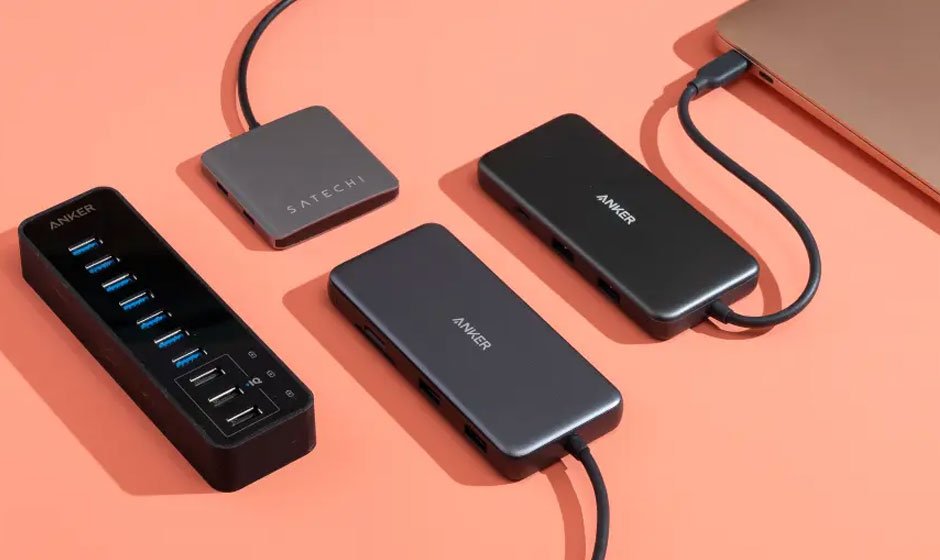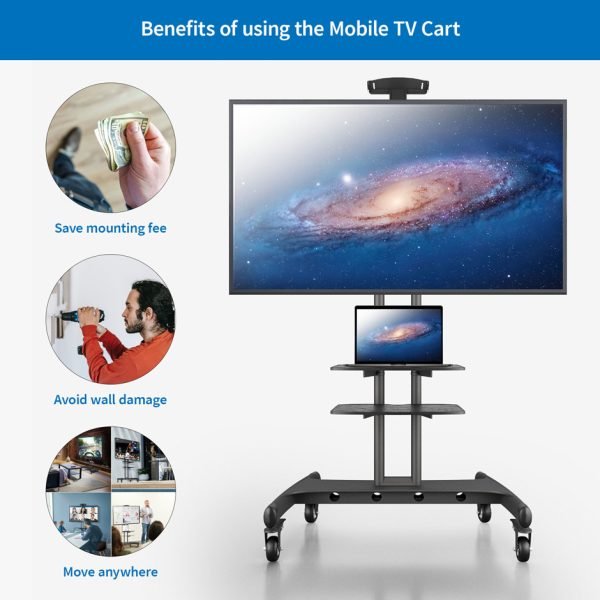Beyond USB Hubs: Exploring Alternatives for Connecting Multiple Devices

USB hubs are a popular tool for expanding the connectivity of devices by allowing multiple USB devices to be connected to a single port. However, USB hubs have some limitations, such as the number of devices they can support, their limited range, and their security risks. Fortunately, there are alternatives to USB hubs that can offer similar or even better functionality. In this article, we will explore the alternatives to USB hubs, including wireless connectivity options, Thunderbolt ports, docking stations, and other alternatives.
Wireless Connectivity Options
One alternative to USB hubs is wireless connectivity. Wireless connectivity allows devices to connect to each other without physical cables. Two popular wireless connectivity options are Bluetooth and Wi-Fi.
Bluetooth technology allows devices to connect to each other using short-range radio waves. Bluetooth is widely used for connecting devices like smartphones, tablets, and Bluetooth-enabled headphones. Bluetooth offers a convenient way to connect devices without the need for cables. However, Bluetooth has some limitations, such as limited range and slower data transfer speeds compared to USB.
Wi-Fi is another wireless connectivity option that can be used to connect multiple devices. Wi-Fi offers a longer range than Bluetooth and faster data transfer speeds. Wi-Fi is commonly used to connect devices like laptops, smartphones, and tablets to the internet. However, setting up a Wi-Fi connection can be more complicated than setting up a Bluetooth connection, and Wi-Fi may not be suitable for all types of devices.
Thunderbolt Ports
Thunderbolt technology is another alternative to USB hubs. Thunderbolt is a high-speed input/output technology developed by Intel. Thunderbolt ports can support multiple devices and can transfer data at speeds of up to 40Gbps. Thunderbolt ports can also support video output, which makes them ideal for connecting monitors and other display devices.
One advantage of Thunderbolt over USB hubs is that Thunderbolt can support more devices and faster data transfer speeds. Thunderbolt can also support video output, which is not possible with USB hubs. However, Thunderbolt ports are not as widely available as USB ports, and Thunderbolt cables and devices tend to be more expensive.
Docking Stations
Docking stations are another alternative to USB hubs. Docking stations are devices that can be used to connect multiple devices to a computer or laptop. Docking stations typically connect to a computer using a single cable and can support multiple devices, such as external monitors, keyboards, mice, and other peripherals.
One advantage of docking stations over USB hubs is that docking stations can support a wider range of devices and offer better performance. Docking stations can also be more convenient to use, as they can be easily disconnected and reconnected to a computer. However, docking stations tend to be more expensive than USB hubs, and not all laptops and computers support docking stations.
Other Alternatives
Serial Bus Architecture (SBA) and Serial Peripheral Interface (SPI) are other alternatives to USB hubs. SBA is a type of computer bus architecture that allows multiple devices to be connected to a single bus. SBA can support a wide range of devices, including hard drives, printers, and scanners. SPI is a synchronous serial communication interface that allows devices to communicate with each other using a single bus.
One advantage of SBA and SPI over USB hubs is that they can support a wider range of devices and offer better performance. However, SBA and SPI are not as widely used as USB and may not be suitable for all types of devices.
Conclusion
USB hubs are a convenient tool for expanding the connectivity of devices, but they have some limitations. Fortunately, there are alternatives to USB hubs that can offer similar or even better functionality. Wireless connectivity options like Bluetooth and Wi-Fi can be used to connect devices without the need for physical cables. Thunderbolt ports can support multiple devices and offer faster data transfer speeds. Docking stations can be used to connect multiple devices to a computer or laptop, and SBA and SPI can support a wide range of devices and offer better performance.
When choosing an alternative to USB hubs, it is important to consider the specific needs and use cases. For example, if wireless connectivity is important, Bluetooth or Wi-Fi may be the best option. If faster data transfer speeds and video output are required, Thunderbolt may be the best choice. If a wider range of devices and better performance are required, docking stations or SBA and SPI may be the best option.
In conclusion, USB hubs have limitations, but there are alternatives that can offer similar or even better functionality. Wireless connectivity options, Thunderbolt ports, docking stations, and other alternatives can be used to connect multiple devices to a computer or laptop. When choosing an alternative to USB hubs, it is important to consider the specific needs and use cases to find the best solution. With the right alternative, it is possible to expand the connectivity of devices and improve productivity and efficiency.



